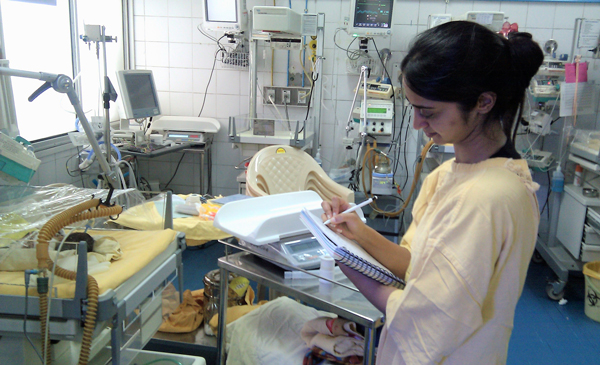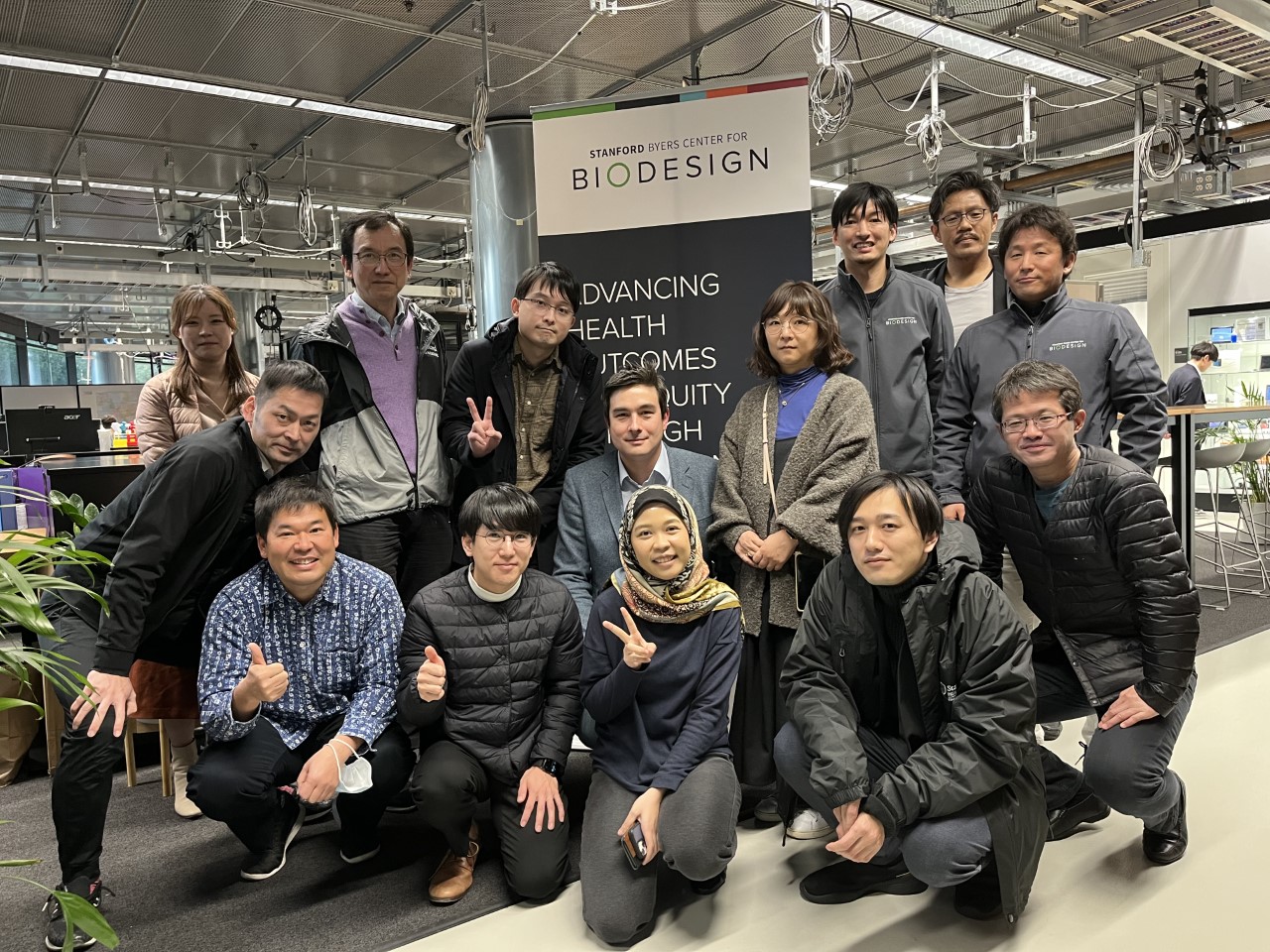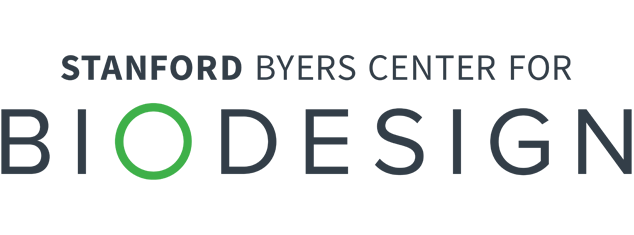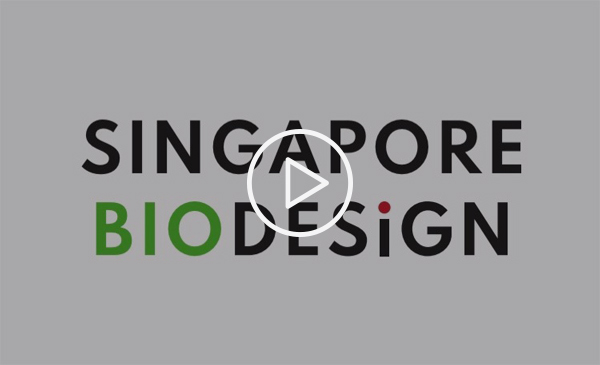Legacy Partnerships
Stanford-India Biodesign

Stanford-India Biodesign was launched in 2007 as a first-of-its-kind collaboration between Stanford University, the All India Institute of Medical Sciences (AIIMS), and the Indian Institute of Technology (IIT) Delhi. The goal of the partnership was to identify and train a first generation of local innovation leaders in medical technology who, in turn, would help stimulate India’s nascent medtech industry.
Each year, four India fellows came to Stanford to spend six months working in multidisciplinary teams to learn and apply biodesign process to real-world healthcare projects identified in Stanford’s hospitals and clinics. The fellows would then return to Delhi to repeat the process, this time to address the unmet healthcare needs of Indian patients, physicians, and healthcare facilities, and to take their innovative solutions forward into patient care.
Over the program’s nine-year duration, Stanford-India Biodesign trained 32 innovators who developed 14 technologies and started 13 companies. With this successful track record, our Indian partners transitioned to independent status and the program is now known as the School of India Biodesign, based at AIIMS. Read about some of the inspiring innovators and novel technologies from the program in the stories below.
Singapore-Stanford Biodesign
Launched in 2010, Singapore-Stanford Biodesign (SSB) was a partnership between Stanford University, the Singapore Economic Development Board, and the Agency for Science, Technology and Research (A*STAR). At the heart of this agreement was a fellowship training program, during which the Singapore-Stanford Biodesign fellows spent half of their year-long program at the Byers Center for Biodesign learning the biodesign innovation process and the other half in Singapore addressing unmet, in-country clinical needs, as well as health-related needs across broader Asia.
The 32 SSB graduates have all pursued careers in healthcare, taking enabling roles as start-up founders, project managers, business development managers, and clinician-innovators. Graduates have also trained over 400 additional individuals in the biodesign methodology and mobilized more than S$30M in private sector funding for the local medtech ecosystem. SSB-trained fellows and class alumni have filed more than 30 patents from their training projects at SSB, with 20 projects funded to date and seven spin-outs representing a combined start-up valuation of over S$35M. Over the years, SSB has also gained recognition throughout the industry and region and is pleased to have 32 local collaborators, including academic partners, alliances, corporate members, and clinical immersion partners, as well as 10 regional partners from Indonesia, China, and South Korea.
In December 2018, after eight years, the Singapore program “graduated” to independent status as Singapore Biodesign. With the continued support of Stanford, and under host agency A*STAR, the new Singapore Biodesign is continuing to train and nurture innovators to identify important unmet health needs in Asia Pacific and create cost-effective solutions that benefit patients and providers across the region.
In 2021, Stanford Biodesign designated Singapore Biodesign as a global affiliate. Affiliate status is reserved for the highest quality Biodesign programs. To be awarded the designation, programs must fulfill specific performance requirements that demonstrate their success and sustainability. They also must undergo a formal review by Stanford Biodesign. To learn more about Singapore Biodesign, please visit their website.
Japan Biodesign

Japan Biodesign, was established in 2015, as a Stanford Biodesign program development partnership. The collaboration, which is still ongoing, involves three national universities in Japan -- Tohoku University, University of Tokyo, and Osaka University. It is supported by the leaders of the three universities, relevant governmental authorities, and Japan Federation of Medical Devices Association. The purpose of the partnership is to further promote medical device innovation across the country, as well as to contribute to global healthcare by expanding the domestic medical device industry.
The program’s core offering is the Japan Biodesign Fellowship. The fellowship runs for 10 months on a fulltime basis and involves individual training at each university, as well as joint programming. The fellows also receive remote coaching and mentoring from Stanford Biodesign faculty and have a two-week intensive visit to the Stanford campus.
Japan Biodesign has trained 85 fellows in its first eight years. Fellowship alumni use their training to advance careers in universities, institutes, corporations, and start-up companies. So far, more than 10 start-ups have been founded based on projects initiated during the fellowship. To learn more about these companies and the fellowship program, visit the Japan Biodesign website.

